Whether your scar is from surgery or a small injury, understanding how it heals can help you support your skin at every step.
All scars heal at different rates. Minor non-surgical scars often heal relatively quickly — within a few weeks to a couple of months — while surgical scars can take up to two years to reach maturity. Most surgeons recommend waiting at least a year before evaluating the final appearance of a scar.
Time and care heal all scars
Scars go through four distinct stages of healing, and their appearance will evolve at each stage. Everyone heals differently. Your timeline will depend on factors like age, genetics, skin type, overall health, and how your wound was treated.
The table below outlines the typical progression of a scar and provides indicative timelines across the healing journey.
Indicative surgical scar healing timeline

| Phases | Timeframe | Healing Milestones |
|---|---|---|
|
Phase 1: 🔹 Wound Healing |
0 to 2–10 weeks |
|
|
Phase 2: 🔹 Immature Scar |
2–10 weeks to 3 months |
|
|
Phase 3: 🔹 Maturing Scar |
3 to 12–18 months |
|
|
Phase 4: 🔹 Mature Scar |
12–18 to 24+ months |
|
What to remember
- Scars don’t heal in a straight line — it’s normal for them to look worse before they look better
- Redness, itching, and firmness are common in early stages
- Scars often start out pink or red, and fade gradually over time
- New scars are very sensitive to sunlight — cover them up or use high SPF
- Your skin’s strength returns gradually — it may take time to feel ‘normal’ again
- If you’re ever unsure, speak to your medical team — it’s always OK to ask.
What affects your healing?
Some of the factors that can influence how your scar heals include:
- Your age
- Skin type and tone
- The location, depth, and size of your incision
- How the wound was closed (e.g. stitches, glue)
- Nutrition, hydration and rest
- Stress and immune function
- Whether you smoke
- How well you protect and care for the scar
What is a problematic scar?
Scars are often red, firm or itchy at first — this is normal.
However, a scar might be considered problematic if it:
- Remains red, raised or itchy after a few months
- Extends beyond the edges of the incision
- Becomes painful or restricts your movement
- Continues to grow or change after 6–12 months
If you're concerned, consult your medical team — they’ll help determine the best next step.
A little tip from the Nokori Team
If you feel you’re dealing with a problematic scar, it’s best to speak with your medical team before deciding how to move forward. They’ll be able to assess your scar and recommend the most appropriate next step for an optimal recovery.
Healing is a journey — give your scar the time and support it needs, and don’t hesitate to reach out if you need help along the way.
The Nokori Team.


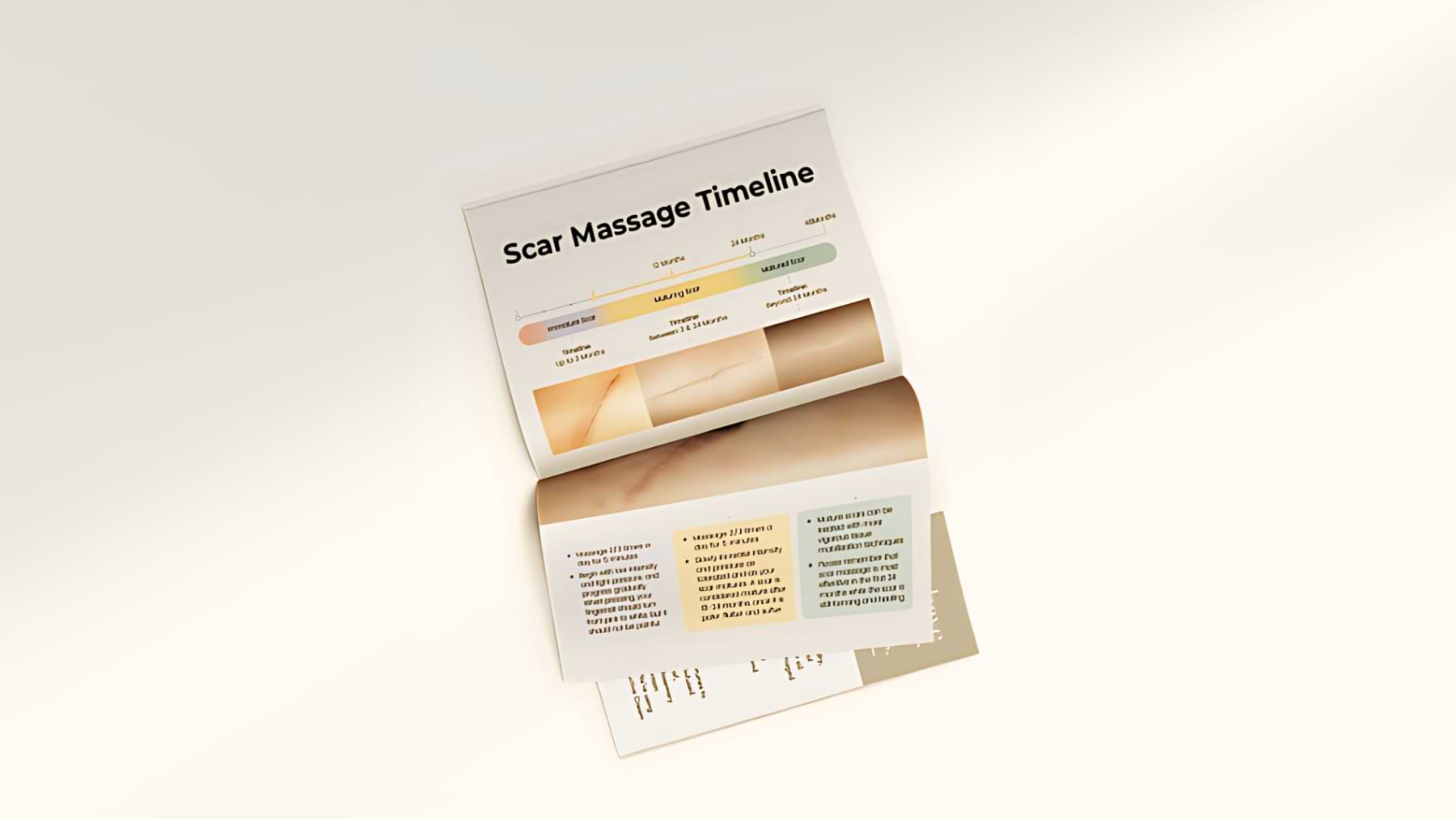

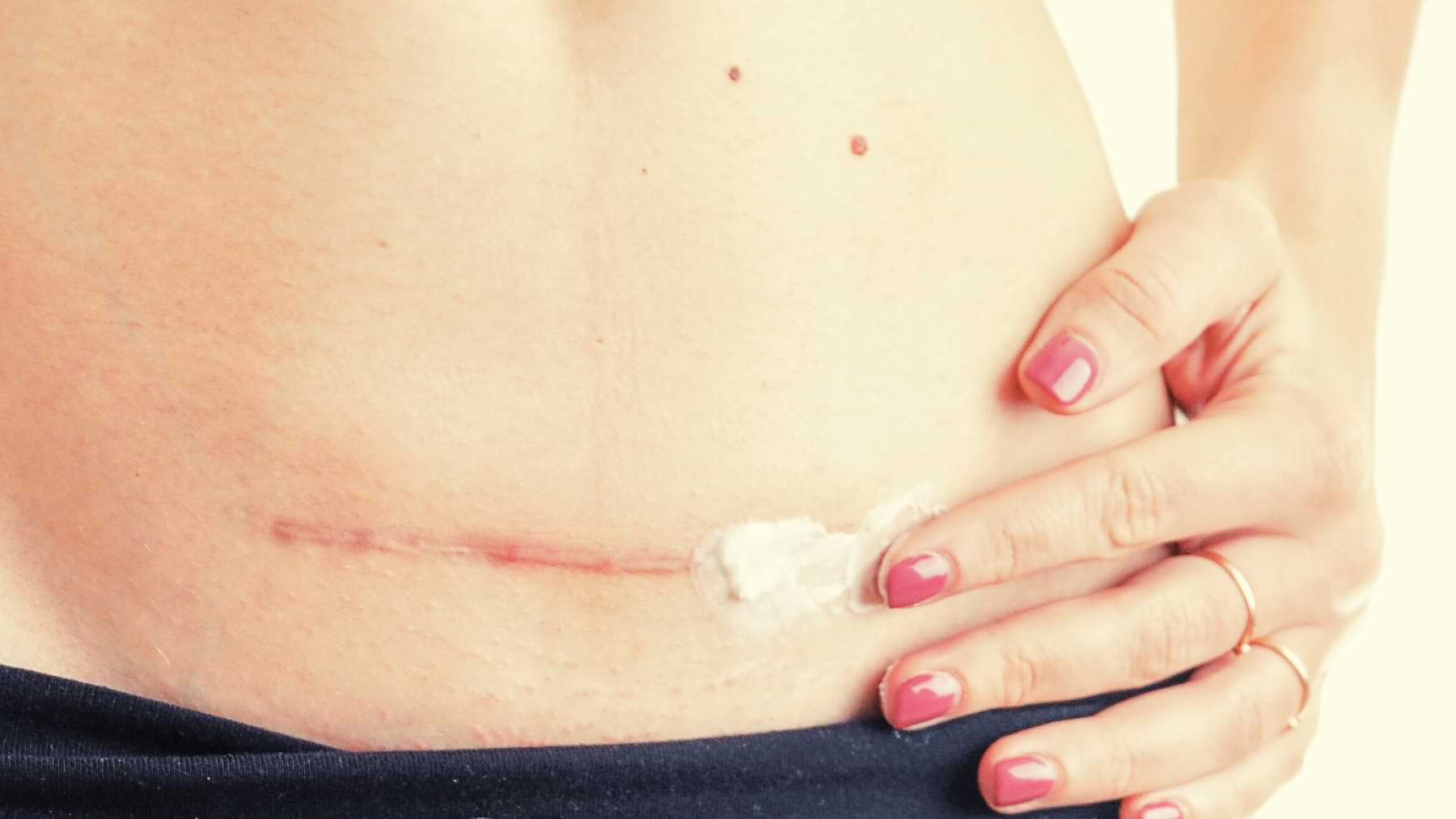
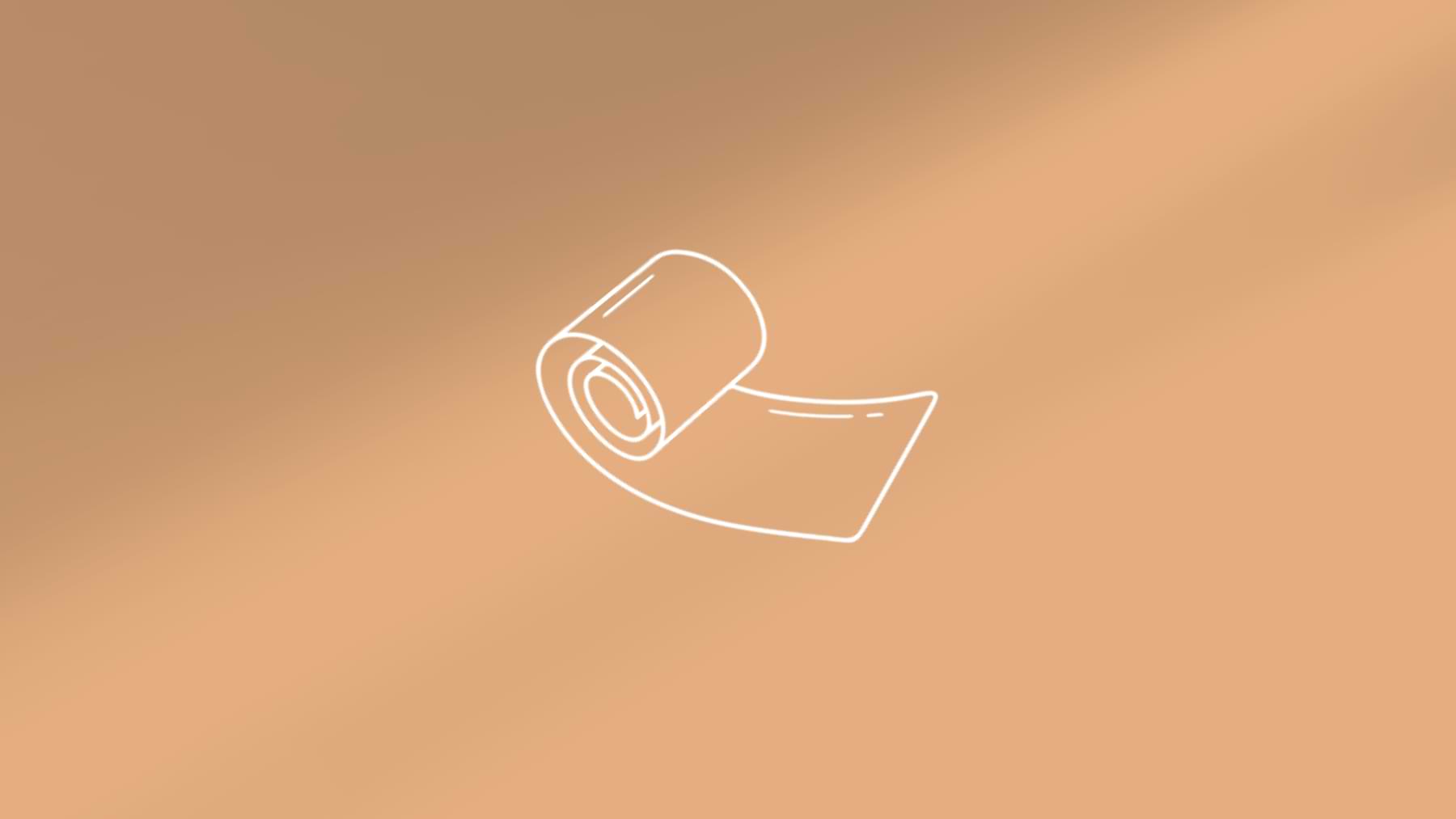
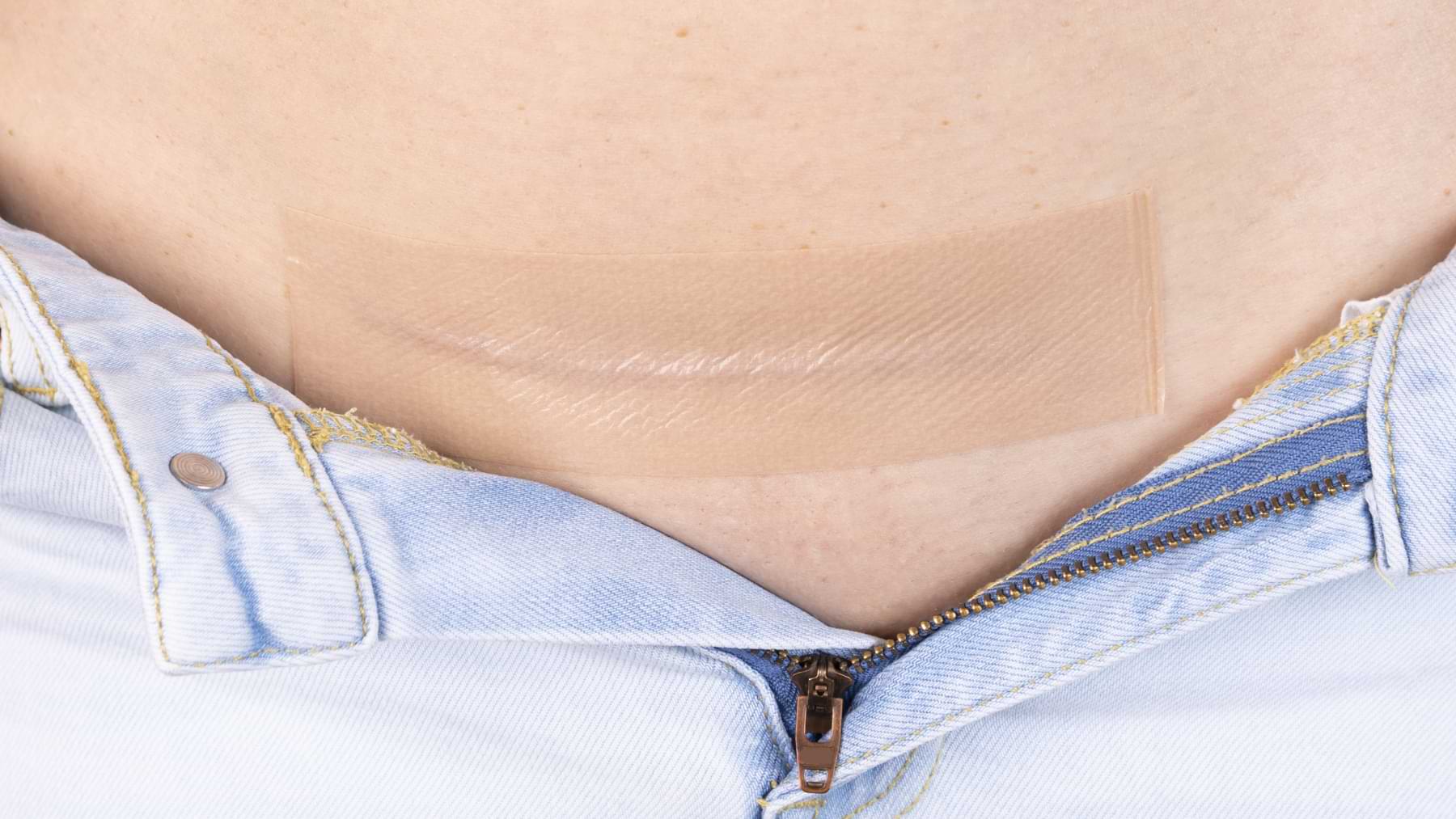

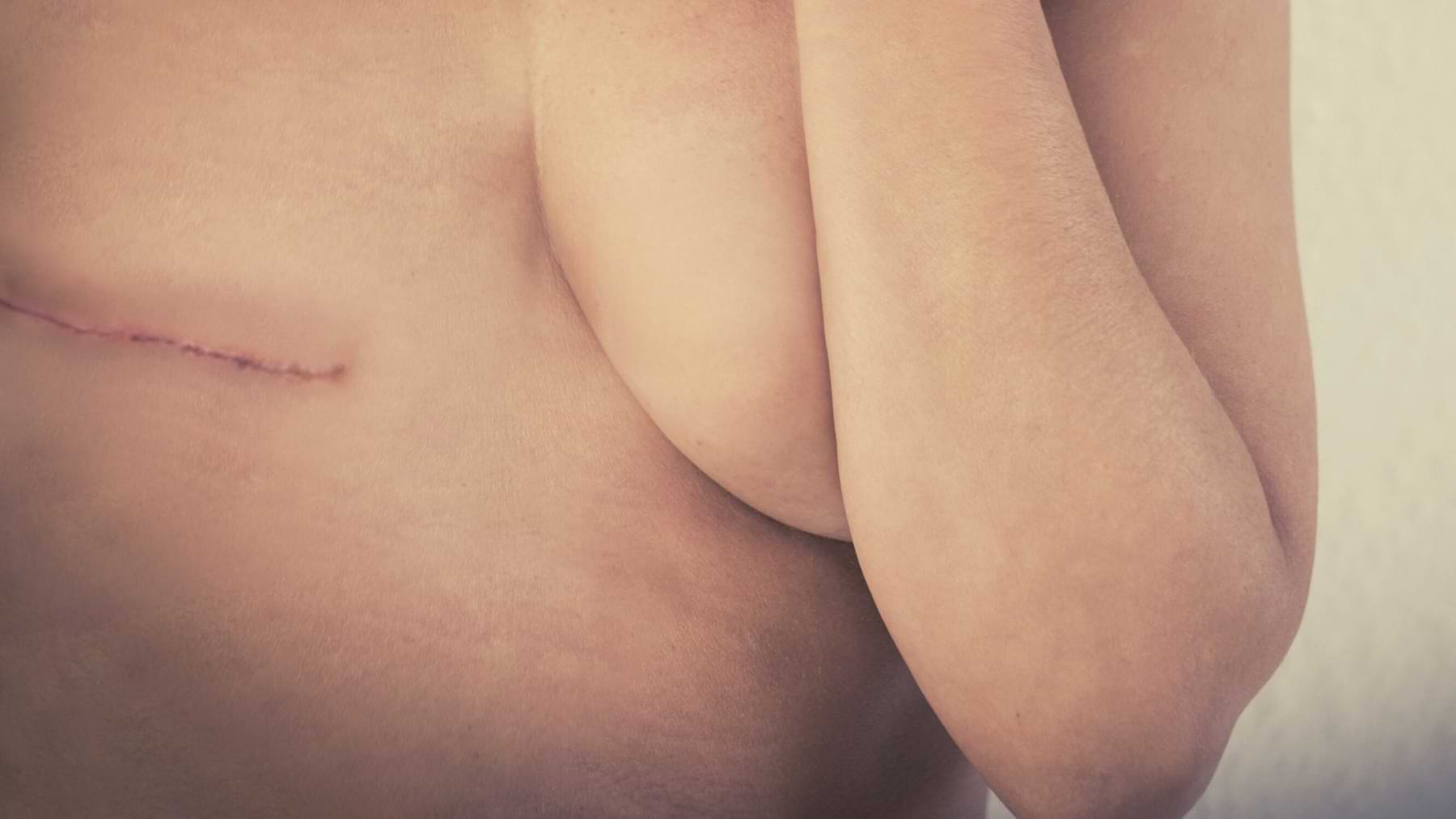
Share:
Guide → The Pre & Post Kit
Guide → The Duo Kit